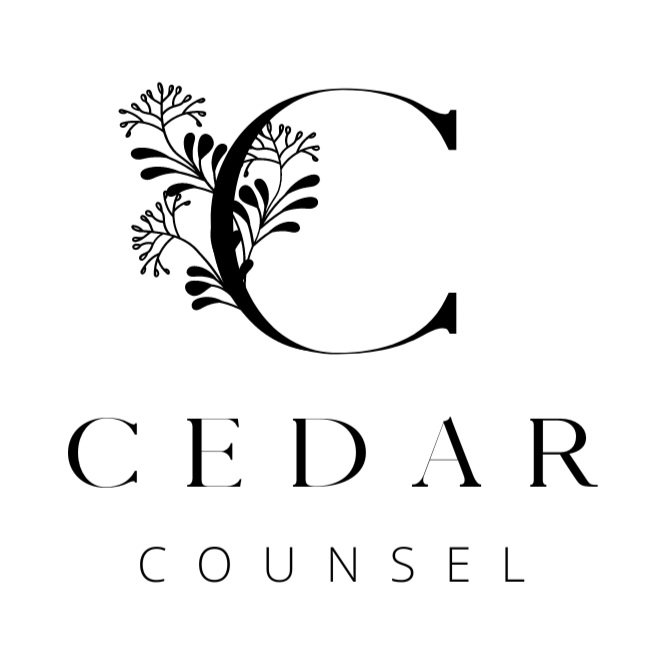An Estate Planning Guide for Blended Families This Holiday Season
The holiday season brings unique considerations for blended families, especially when it comes to estate planning. Navigating the delicate dynamics of merging multiple families requires careful consideration and thoughtful planning to ensure that everyone's needs are addressed.
Here's a comprehensive guide to help blended families navigate estate planning during the holidays.
Clear Communication is Key
In blended families, open communication is paramount. The holidays provide an opportune time to initiate conversations about the future.
Discussing the importance of aligning financial goals and end of life wishes sets the foundation for a collaborative approach. It's crucial to establish an inviting environment where all family members, including children, can openly voice their concerns, articulate their expectations, and reveal their long-term aspirations and desires.
Take the time to understand and appreciate these diverse perspectives. This understanding fosters an atmosphere of empathy and mutual respect and also fortifies the bonds that render your blended family distinctively resilient and special.
Clarifying Beneficiary Designations
Reviewing and updating beneficiary designations is a crucial aspect of estate planning for blended families. Ensure that designations on life insurance policies, retirement accounts, and other assets accurately reflect your current family structure. Consider the financial needs of all family members, including stepchildren, to ensure everyone is provided for appropriately.
Creating a Custom Estate Plan
The complexity of blended families often necessitates intricate estate planning. For this reason, we often employ trusts when planning for blended families due to their ability to address the unique dynamics and financial considerations inherent in such family structures.
For example, trusts can be utilized to provide financial stability for a surviving spouse while safeguarding the interests of children from previous marriages. Their inherent flexibility allows for precise customization, adeptly accommodating the delicate dynamics and diverse financial objectives characteristic of blended families.
We can help you create a comprehensive plan that addresses the specific needs of each family member. This may include provisions for stepchildren, considerations for ex-spouses, and strategies to balance financial responsibilities. By leveraging the strategic advantages of trusts, a blended family can establish a resilient financial plan that harmoniously aligns with its unique composition.
Consideration for Ex-Spouses
Blended families may involve maintaining relationships with ex-spouses, especially when children are involved. Clearly outlining how assets and responsibilities are distributed can help avoid misunderstandings and conflicts. Acknowledge the importance of fostering positive co-parenting relationships for the well-being of everyone involved.
The Importance of Flexibility
Family dynamics may change over time. Building flexibility into your estate plan allows for adjustments to accommodate life events, such as remarriage or the birth of additional children.
Periodically reviewing and updating the estate plan ensures that it remains relevant and aligned with the evolving needs of the blended family. This is why we extend to our clients the opportunity for complimentary estate plan reviews every three years.
Seek Professional Guidance
We understand the intricacies of estate planning for blended families and would be honored to help you navigate complex family structures and ensure that your estate plan is comprehensive and legally sound.
By fostering open communication, understanding diverse perspectives, and seeking professional guidance, blended families can navigate the complexities of estate planning, creating a harmonious and secure future for all family members.
Contact us today to schedule a complimentary consultation.
This article is a service of Cedar Counsel. We don’t just draft documents; we ensure you make informed and empowered decisions about life and death, for yourself and the people you love.
